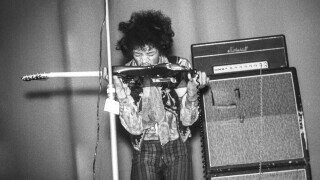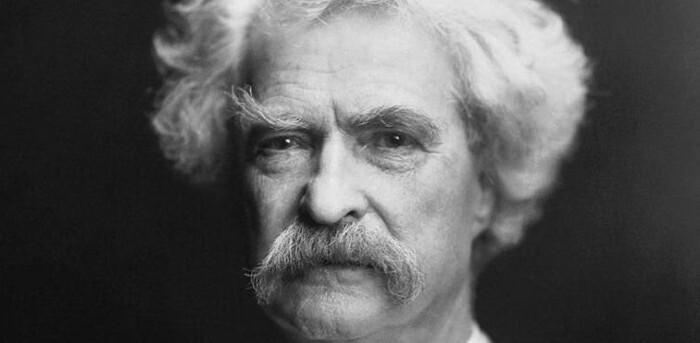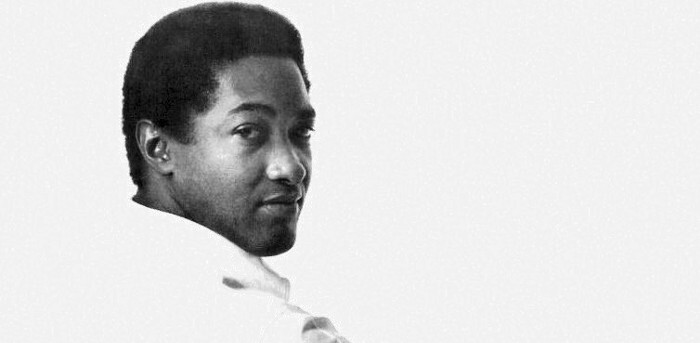15 People From History Who Predicted Their Own Deaths

You know what they say about life’s only certainties: taxes, George R.R. Martin’s noncompletion of A Song of Ice and Fire, and death. We’ll all die one day, and those of us who like to live dangerously may even have some inkling as to how it will happen, but nobody ever really sees it coming. Well, nobody aside from these historical figures, that is.
Princess Diana

Six years after the tragic accident, the people’s butler revealed a letter that he claimed was written to him by his princess less than a year before her death, expressing fear that someone was planning to murder her with a car and make it look like an accident. To be clear, because we absolutely do not want to get on the bad legal side of the royal family, there’s no evidence that Diana’s death was anything more than an accident, but the Guardian confirms that the letter “appears genuine,” and another friend also claimed she thought her car’s brakes were being tampered with.
Mikey Welsh

In 2011, the Weezer bassist tweeted that he “dreamt died in Chicago next weekend,” which he later corrected to “weekend after next,” specifically of a “heart attack in sleep.” Two weeks later, he was found dead in his hotel room in Chicago, apparently of a drug overdose that led to a heart attack in his sleep. There’s some question over whether the death was intentional, in which case the tweet was less a prediction and more of an excessively planned cry for help, but listen, no one wants to die in Chicago.
Mark Twain

The year before he died, Twain mused that he “came in with Halley’s comet,” referring to his birth two weeks after the comet’s 1835 streaking, and “The Almighty has said, no doubt, ‘Now there are these two unaccountable freaks; they came in together, they must go out together.’” It wouldn’t have been super surprising if he landed somewhere in the neighborhood -- the comet comes every 75 years, which was a good, long life in 1909 -- but he nailed it almost to the day, dying on April 21, 1910, the day after the comet 4/20 blazed it.
Pistol Pete

Concerning his potential retirement, “Pistol” Pete Maravich told his hometown newspaper in 1974 that he didn’t “want to play 10 years in the NBA and die of a heart attack at age 40.” Well, you know what they say about God’s attitude re: our plans, because that’s exactly what ended up happening.
Tupac Shakur
The odds that any icon of the gangsta rap days was going to die by gun violence were fairly high, so it’s not entirely surprising that many of them rapped about it, but what’s weird about Tupac’s appearance on a song by some guy named Richie Rich was that he spoke of it in the past tense, rapping “I been shot and murdered, can tell you how it happened, word for word.” Even eerier is the fact that the album the song was on wasn’t released until two months after his death.
Ronnie Van Zant

(MCA Records)
When Ronnie Van Zant wrote Lynyrd Skynyrd’s “That Smell,” it was supposed to be a word of warning to bandmate Gary Rossington, whose substance abuse had recently gotten him into a car crash and a general mess of trouble, but it turned out the smell of death was actually surrounding Zant. Three days after the release of the album the song was on, Zant and another bandmate died in a plane crash, creating a nightmare for their label, who scrambled to recall the album and replace its cover because it showed the band engulfed in flames.
Marc Bolan

“Life is the same and it always will be, easy as picking foxes from a tree,” from the song “Solid Gold Easy Action,” sounds like typical T. Rex nonsense. He was probably just talking about chicks. But then Marc Bolan died after his girlfriend crashed her car, whose license plate read FOX 661L, into a tree from which it then had to be picked out, and everyone started thinking Bolan was some kind of glam rock Nostradamus. T. Rex’s whole catalog was studied for clues, the second-eeriest one being the line “Summer is heaven in ‘77” from his last single, “Celebrate Summer.”
Frank Pastore
In 2012, ex-baseballman and then–Christian radio host Frank Pastore was discussing a TV show about life after death on his radio show when he went on a rant about bad drivers, blustering, “You guys know I ride a motorcycle, right? So, at any moment, especially with the idiot people who cross the diamond lane into my lane, all right, without any blinkers -- not that I’m angry about it -- at any minute, I could be spread all over the 210,” before tying it all together with, “But that’s my body part, and that key distinction undergirds the entire Christian worldview.” Then he left the station and one of those shitty drivers did just that.
Arnold Schoenberg

Like horror fans and biblical literalists, in probably the only thing they have in common, composer Arnold Schoenberg was, well, deathly afraid of the number 13, to the point that he became convinced he would die on Friday, July 13 when he was 76 (the digits of which add up to 13) years old. He “spent the day in bed, feeling unbearably anxious and believing the worst was about to happen” until nearly midnight, when he figured he’d better get it over with and his heart gave out.
Abraham de Moivre

Abraham de Moivre was a mathematician famous for, among other things, his work with mortality tables, which he obviously applied to himself because how could you not? In 1754, when he noticed he had begun sleeping an additional 15 minutes every day, he predicted that when he reached a full 24 hours of sleep, he would die. He actually did his best to maintain the schedule because math guys hate being wrong, and when he did indeed die on the day he predicted, his cause of death could only be determined as “sleepiness.”
Oliver Reed
In an exemplary display of British humor, actor Oliver Reed appeared on The Obituary Show, where famous people recited their own fictional obituaries from the fictional afterlife, in 1993, reading that he’d “died in a bar in a heart attack full of laughter” during a “cabbage competition.” Six years later, he wasn’t having a cabbage competition because that isn’t a thing, but he was having a drinking contest in an Irish bar (a people famous for their love of cabbage) when he died of a heart attack that may or may not have been full of laughter.
Jeff Buckley
Jeff Buckley’s death has always been shrouded in mystery only because it’s so, so weird. A perfectly sober dude jumps into perfectly still water and drowns immediately? How does that even happen? We don’t have answers, but Buckley might because the last line of the last song of his last and only studio album refers to being “asleep in the sand with the ocean washing over.” Buckley said the song was written as a plea to his friend not to abandon his pregnant girlfriend, which is pretty strange in light of lines about dark angels shuffling in and sleeping with the fishes.
Sam Cooke

In 1963, Sam Cooke had a top 40 hit with a song about a woman named Frankie who shot a man “once, twice, three times” before he “fell on the hardwood floor.” That sounds bizarrely specific, but it was a version of an old folk song inspired by real murders committed by one or more women named Frankie. It circled right back around to “weird,” though, when the next year, Cooke was shot three times by Bertha Franklin before falling dead to the floor.
Jackie Wilson
Jackie Wilson’s song “Lonely Teardrops” begins with the line “My heart is crying,” which is pretty run-of-the-mill as far as R&B lyrics go, but it was the last line he sang before keeling over with a heart attack onstage in 1975. He didn’t die that day -- in fact, he survived for nearly another decade before pneumonia got him -- but he never fully recovered, living out his forties in a retirement center.
Jimi Hendrix

In October 1965, Hendrix recorded a song with Curtis Knight called the “Ballad of Jimi,” which at some point included the line “Five years, this he said/He’s not gone, he’s just dead,” which Knight claims was inspired by a dream he’d recently had about Hendrix’s death. There’s evidence that the line may have been slipped in there for the song’s 1970 rerelease (such as the use of a wah-wah pedal, which wasn’t available until 1967), but the song was recut several times over the years, Knight insists the line was there from the start, and without it, Hendrix’s death is just a tragic loss. Who wants to believe that?
Top image: Marjut Valakivi/Wikimedia Commons